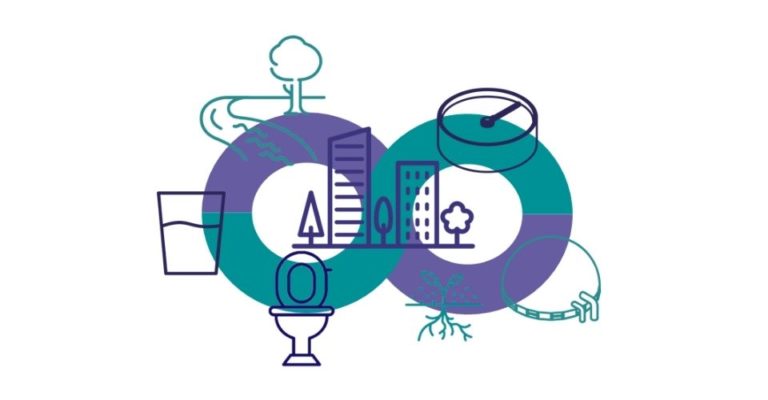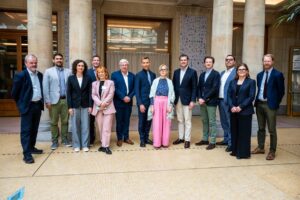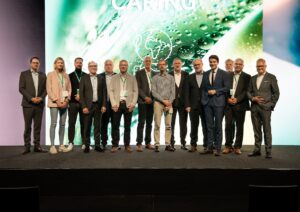EurEau Highlights New Factsheets on Valuing Recyclable Materials

Waste water has significant potential for resource recovery, making it a key contributor to reaching a circular economy. (Image source: EurEau)
If the EU were to create an End of Waste (EoW) status for them in the frame of the Circular Economy Action Plan, it will increase the amount of waste that can be reused and support an emerging market.
Essential minerals, fibres, algae, biopolymers and other useful resources are products recovered from waste water treatment with multiple applications in the chemical, animal feed or construction industries. Because the EU has failed to pinpoint where waste water becomes a valuable resource, this increases our dependence on imported nutrients for our soils while reducing the recyclability of this limitless substance. The factsheets spell out to policy makers why it’s vital that EoW criteria are extended to waste water. They show that products recovered from waste water treatment streams have a real market value and could support the European economy if given the go-ahead.
“Resource recovery is the key step for a circular economy. A European End-of-Waste status for good quality products recovered from waste water treatment streams will secure a market for secondary raw materials and therefore support the EU Green Deal. It will strengthen the independence of Europe regarding the import of raw materials and reduce greenhouse gas emissions associated with it. A win-win situation!” said Jan Huitema, MEP Renew Europe and rapporteur for the EU Circular Economy Action Plan.
Waste water services collect and treat the waste water generated by people. During this process, multiple materials can be recovered through filtering or through the biological process that can produce either polymers or inorganic crystals, or with the biomass itself (algae, sewage sludge). In this process, control at source is key to ensuring the quality of the product. These products have a value on the secondary raw material market but today they suffer from a lack of recognition as valuable materials. The European Commission decided in its Circular Economy Action Plan to look at developing European EoW criteria to stimulate the circular economy.
Source: EurEau






